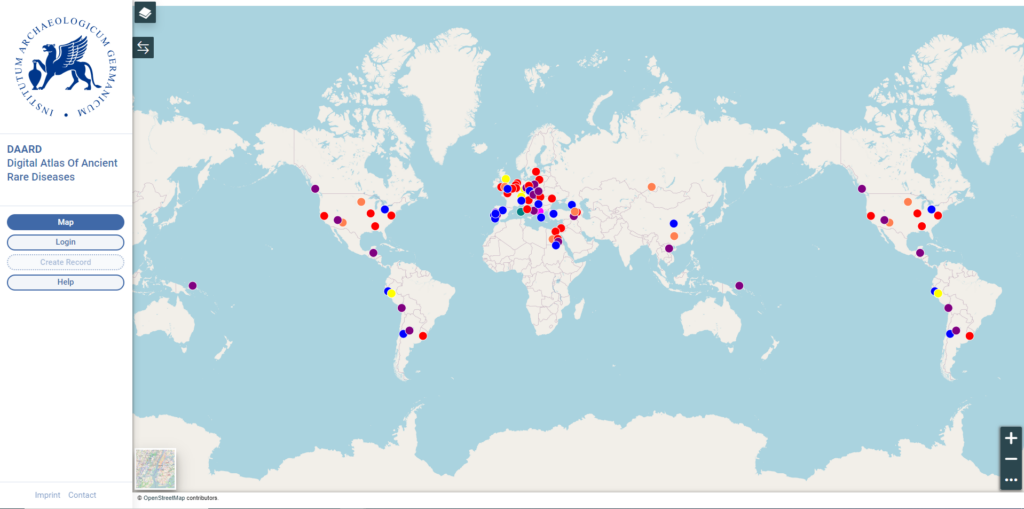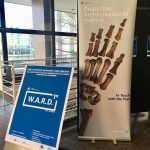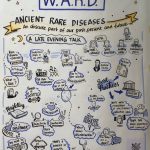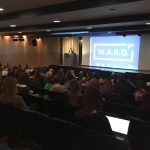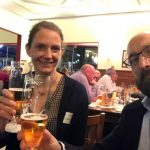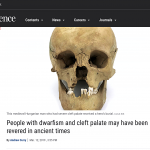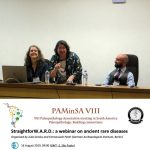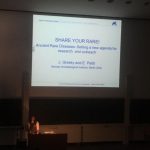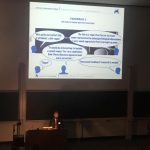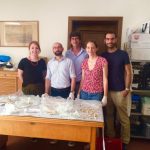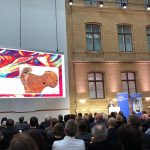Explore the Digital Atlas of Ancient Rare Diseases (DAARD)
Since 2018 our research team has invested much effort and resources into the study of rare diseases from archaeological contexts.
Rare diseases are those disorders affecting only a small part of the population (1/2000 people in Europe), but more than 5000 different rare diseases have been documented to date, their number increases every day and, only in Europe, more than 30 million people are affected by them.
The history of ancient rare diseases is still largely unexplored, as very little evidence has been recovered, understood or published. Our research, global and multi-disciplinary, aims to collect, discuss and integrate archaeological case studies in a broader overview and, at the same time, to raise social awareness about rare diseases.
A better knowledge of their past is a first crucial step for patients today to re-discover their history, build their identity, make group and be heard.
Publications
- Gresky, J., Frotscher, M., Dorn, J., Scheelen- Nováček, K., Ahlbrecht, Y., Jakob, T., Schönbuchner, T., Canalejo, J., Ducke, B., Petiti, E. (2024). The Digital Atlas of Ancient Rare Diseases (DAARD) and its relevance for current research. Orphanet Journal of Rare Diseases 19:277, 1-10. DOI: 10.1186/s13023-024-03280-0. Read more.
- Gresky, J., Petiti, E. (Eds.) (2021). Ancient Rare Diseases: Definition and concept of rare diseases in Paleopathology. International Journal of Paleopathology. Read more.
- Maixner, F., Gresky, J., Zink, A. (2021). Ancient DNA analysis of rare genetic bone disorders. In: Gresky, J., Petiti, E. (Eds.). Ancient Rare Diseases: Definition and concept of rare diseases in Paleopathology. International Journal of Paleopathology, 33, 2021, 182-187. DOI: 10.1016/j.ijpp.2021.04.009. Read more.
- Gresky, J., Dorn, J., Tessmann, B., Petiti, E. (2021). How rare is rare? A literature survey of the last 45 years of paleopathological research on ancient rare diseases (ARD). In: Gresky, J., Petiti, E. (Eds.). Ancient Rare Diseases: Definition and concept of rare diseases in Paleopathology. International Journal of Paleopathology, 33, 2021, 94-102. DOI: 10.1016/j.ijpp.2021.03.003. Read more.
- Gresky, J., Dellú, E., Radina, F., Favia, M., Ferorelli, D., Scardapane, A., Petiti, E. (2021). A critical review of the anthropological and paleopathological literature on Osteopetrosis as an ancient rare disease (ARD). In: Gresky, J., Petiti, E. (Eds.). Ancient Rare Diseases: Definition and concept of rare diseases in Paleopathology. International Journal of Paleopathology, 33, 2021, 280-288. Read more.
- Schultz, M., Weber, M., Schmidt-Schulz, T., Dorn, J., Zink, A., Nerlich, A. (2021). A possible case of Langerhans-cell histiocytosis? Differential diagnosis in a rare case from the Late Antiquity of Bavaria (Germany). In: Gresky, J., Petiti, E. (Eds.). Ancient Rare Diseases: Definition and concept of rare diseases in Paleopathology. International Journal of Paleopathology, 33, 2021, 270-279. DOI: 10.1016/j.ijpp.2021.05.005. Read more.
- Fuchs, K., Atabiev, B., Witzmann, F., Gresky, J. (2021). Towards a definition of Ancient Rare Diseases (ARD): Presenting a complex case of probable Legg-Calvé-Perthes Disease from the North Caucasian Bronze Age (2200-1650 BCE). In: Gresky, J., Petiti, E. (Eds.). Ancient Rare Diseases: Definition and concept of rare diseases in Paleopathology. International Journal of Paleopathology, 32, 2021, 61-73. DOI: 10.1016/j.ijpp.2020.11.004. Read more. Watch the Video. More details.
- Gresky, J., Sokiranski, R., Witzmann, F., Petiti, E. (2020). The oldest case of osteopetrosis in a human skeleton: exploring the history of rare diseases. The Lancet DE 8 (10), 806 – 808. DOI: 10.1016/S2213-8587(20)30307-7. Read more.
Outreach
Webinar
The 50th North American Annual Meeting of the Paleopathology Association was held April 17-19 in Reno, Nevada, where you could attend hybrid symposia and numerous podium and poster presentations.
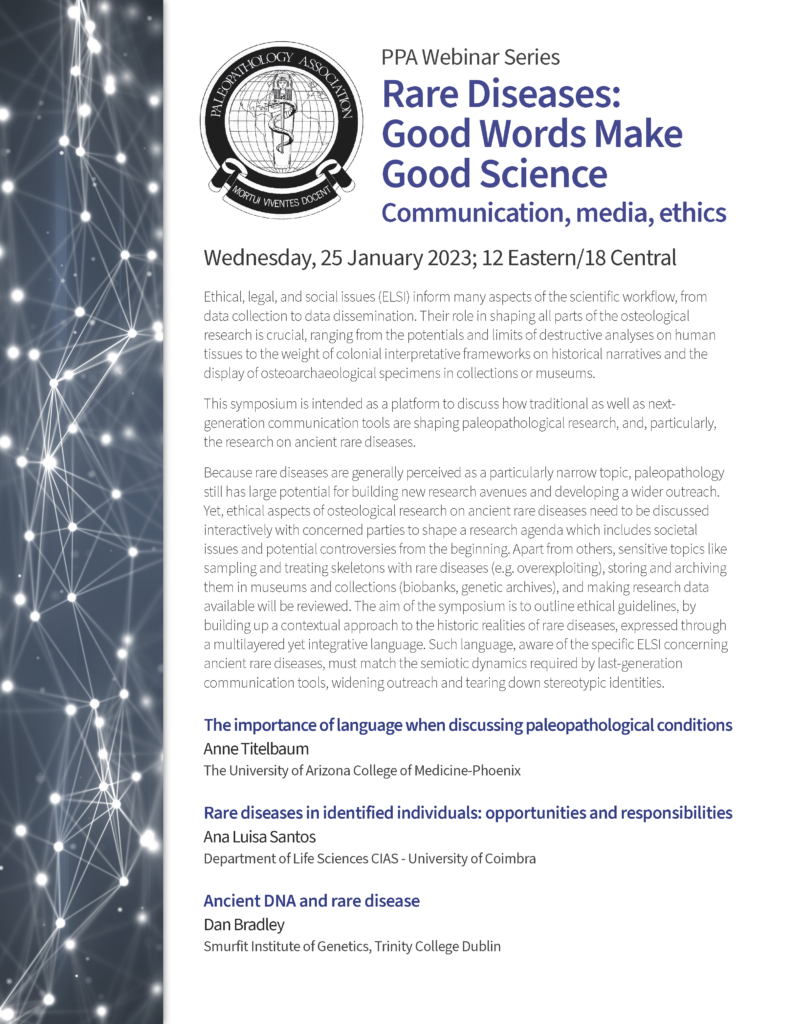
Podcast
Dr. Julia Gresky of the German Archaeological Institute and her colleagues examined the frequency and content of accounts of ancient rare diseases in the paleopathological literature. By studying published records over the past 45 years, the researchers provide a long-term perspective on the reporting of rare diseases in archaeological contexts. Despite methodological advancements, their work shows that there is much still to be achieved in this fascinating but understudied field. Hear now.
- 00Days
- 00Hours
- 00Minutes
